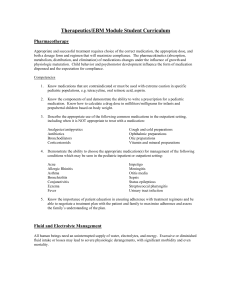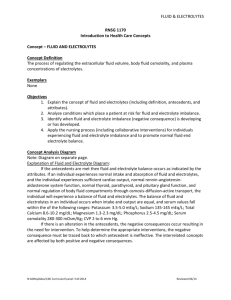Table 2. Adequacy of textbook coverage: does the book provide
advertisement
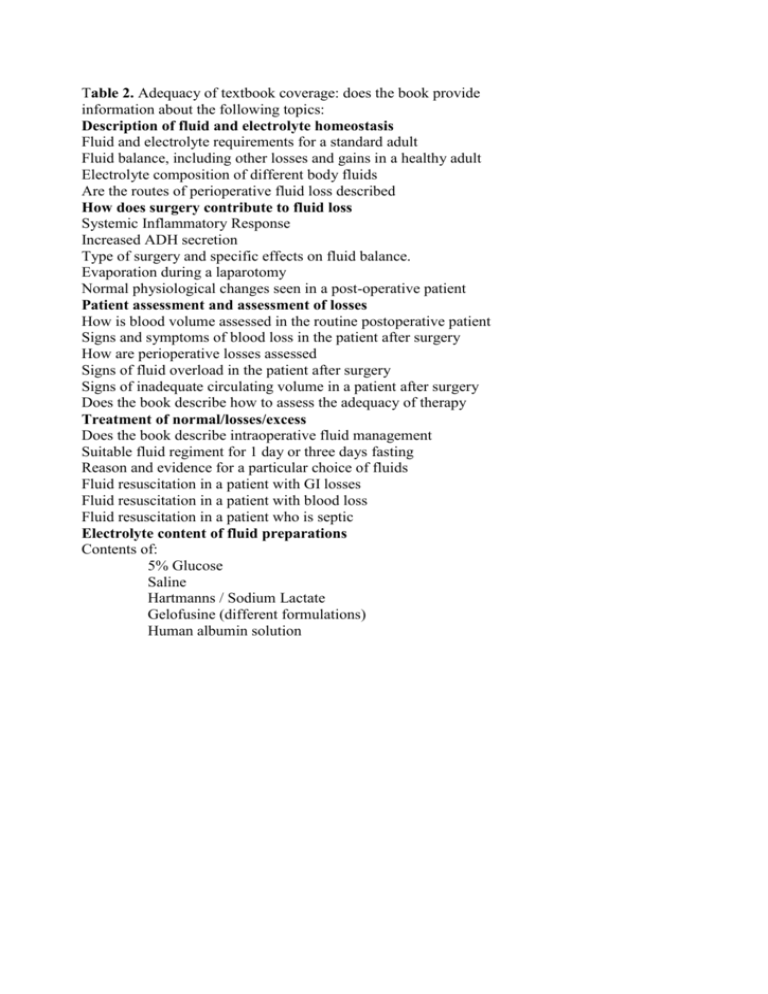
Table 2. Adequacy of textbook coverage: does the book provide information about the following topics: Description of fluid and electrolyte homeostasis Fluid and electrolyte requirements for a standard adult Fluid balance, including other losses and gains in a healthy adult Electrolyte composition of different body fluids Are the routes of perioperative fluid loss described How does surgery contribute to fluid loss Systemic Inflammatory Response Increased ADH secretion Type of surgery and specific effects on fluid balance. Evaporation during a laparotomy Normal physiological changes seen in a post-operative patient Patient assessment and assessment of losses How is blood volume assessed in the routine postoperative patient Signs and symptoms of blood loss in the patient after surgery How are perioperative losses assessed Signs of fluid overload in the patient after surgery Signs of inadequate circulating volume in a patient after surgery Does the book describe how to assess the adequacy of therapy Treatment of normal/losses/excess Does the book describe intraoperative fluid management Suitable fluid regiment for 1 day or three days fasting Reason and evidence for a particular choice of fluids Fluid resuscitation in a patient with GI losses Fluid resuscitation in a patient with blood loss Fluid resuscitation in a patient who is septic Electrolyte content of fluid preparations Contents of: 5% Glucose Saline Hartmanns / Sodium Lactate Gelofusine (different formulations) Human albumin solution
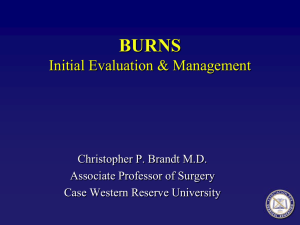
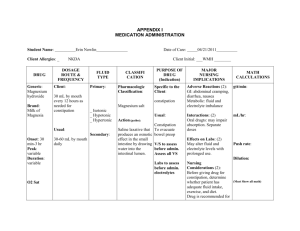
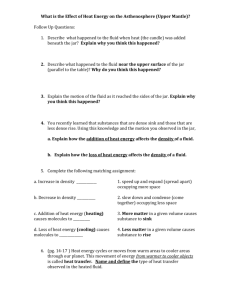
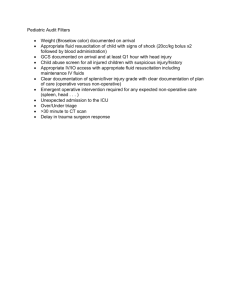
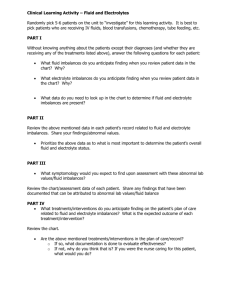

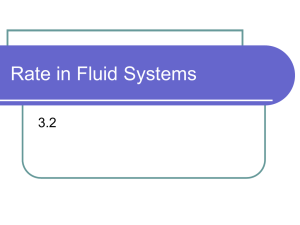
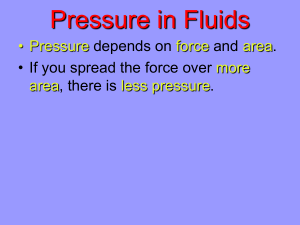

![Lymphatic problems in Noonan syndrome Q[...]](http://s3.studylib.net/store/data/006913457_1-60bd539d3597312e3d11abf0a582d069-300x300.png)
